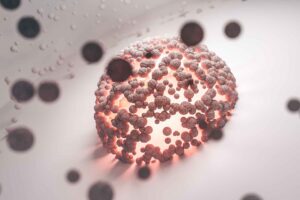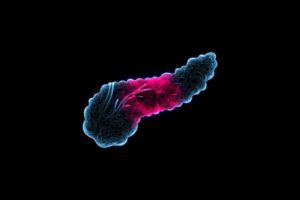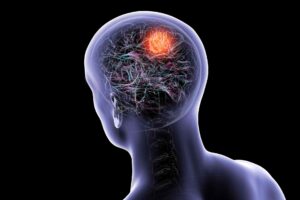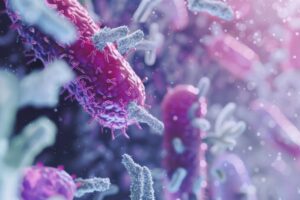Oncology
Oncology
Certain harmful microbes in the mouth appear to promote cancer development, while others might help protect against it.
Oncology
Diet and gut microbes can shape immune cell function and improve responses to anti-cancer therapy.
Oncology
Results of a recent study showed reduced microbial diversity and distinct microbial profile in the two groups of PC patients.
Oncology
Changes in gut bacteria, especially Akkermansia, could predict treatment success in people with lung cancer.
Oncology
Targeting gut bacteria or butyrate could be a promising therapy for glioma.
Oncology
Three promising bacteria were linked to better treatment responses in melanoma patients.
Oncology
A recent study highlights formate as a potential target to boost cancer treatment.
Oncology
Dietary intervention and the utilization of D. dubosii offer potential insights for the treatment of brain tumor patients.
Oncology
Targeting the gut microbiota could help predict, prevent or reduce chemotherapy-related toxicity.
Oncology
Plant compounds and gut microbiota activity influence how cancer drugs work and should be considered in treatment.











